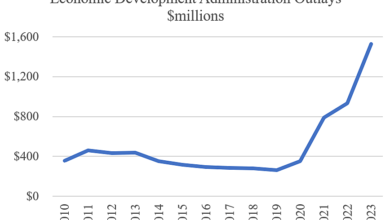Unintended Consequences of Vaccine Mandates: Good Intentions Are Not Enough

Non‐libertarians tend to believe that if X is good (bad), then policies encouraging (discouraging) X are beneficial. (X might be drugs, guns, sex‐education, savings, and numerous other examples.)
Libertarians believe these issues (whether X is good/bad, versus where policy should promote/discourage X) are separate. Policies have their own costs; they may not move X in the desired direction; and they sometimes generate backlash that pushes X in the wrong direction or generate other, undesired consequences.
A recent paper supports the libertarian perspective when X is COVID-19 vaccines:
During the COVID-19 pandemic, some US states mandated vaccination for certain citizens. We used state‐level data from the CDC to test whether vaccine mandates predicted changes in COVID-19 vaccine uptake, as well as related voluntary behaviors involving COVID-19 boosters and seasonal influenza vaccines. Results showed that COVID-19 vaccine adoption did not significantly change in the weeks before and after states implemented vaccine mandates, suggesting that mandates did not directly impact COVID-19 vaccination. Compared to states that banned vaccine restrictions, however, states with mandates had lower levels of COVID-19 booster adoption as well as adult and child flu vaccination, especially when residents initially were less likely to vaccinate for COVID-19. This research supports the notion that governmental restrictions in the form of vaccination mandates can have unintended negative consequences, not necessarily by reducing uptake of the mandated vaccine, but by reducing adoption of other voluntary vaccines.
Freedom wins again.
This article appeared on Substack on March 4, 2024.





